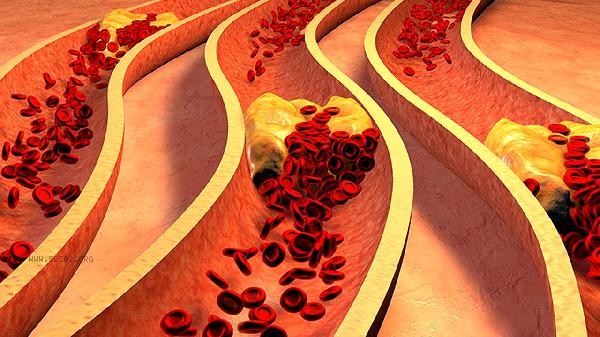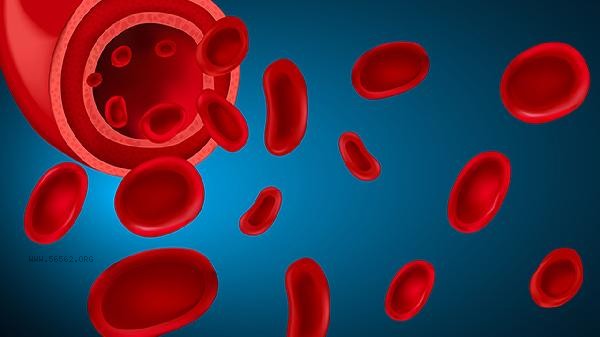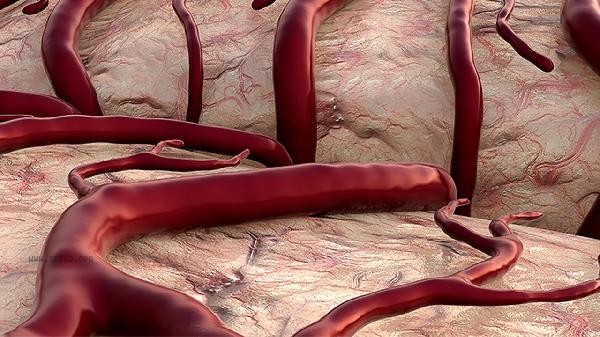Renal artery stenosis does not necessarily lead to elevated blood pressure, but it is one of the common causes of secondary hypertension. Renal artery stenosis may be caused by atherosclerosis, fibromuscular dysplasia or trauma, which needs to be confirmed by imaging examination. The treatment methods include drug therapy, angioplasty, and surgical intervention.

1. Causes of renal artery stenosis
Common causes of renal artery stenosis include atherosclerosis, fibromuscular dysplasia and trauma. Atherosclerosis is the most common cause in the elderly, and is related to metabolic diseases such as hypertension, hyperlipidemia and diabetes. Fibromuscular dysplasia is more common in young women and is a non inflammatory vascular disease. Trauma or surgical procedures may also lead to renal artery stenosis.
2. The relationship between renal artery stenosis and blood pressure
Renal artery stenosis may lead to elevated blood pressure by activating the renin angiotensin aldosterone system (RAAS). Stenosis reduces renal blood flow, stimulates renin secretion, and then causes vasoconstriction and sodium water retention, leading to hypertension. But not all patients will experience elevated blood pressure, and some patients may have no obvious symptoms.

3. Diagnostic methods
Diagnosis of renal artery stenosis requires imaging examinations such as color Doppler ultrasound, CT angiography CTA, or magnetic resonance angiography MRA. These examinations can assess the degree and location of renal artery stenosis and help develop treatment plans.
4. Treatment Methods
Drug therapy is the foundation, and commonly used drugs include angiotensin-converting enzyme inhibitor ACEI, angiotensin receptor antagonist ARB, and calcium channel blocker CCB. For severe stenosis, angioplasty or stent implantation may be considered to restore renal artery blood flow. Surgical interventions such as renal artery bypass grafting are suitable for complex cases. Although renal artery stenosis may cause hypertension, it is not necessarily the case. Early diagnosis and targeted treatment can effectively control the condition and prevent complications. Patients should regularly monitor their blood pressure and kidney function, and seek medical attention promptly to adjust their treatment plan.










Comments (0)
Leave a Comment
No comments yet
Be the first to share your thoughts!